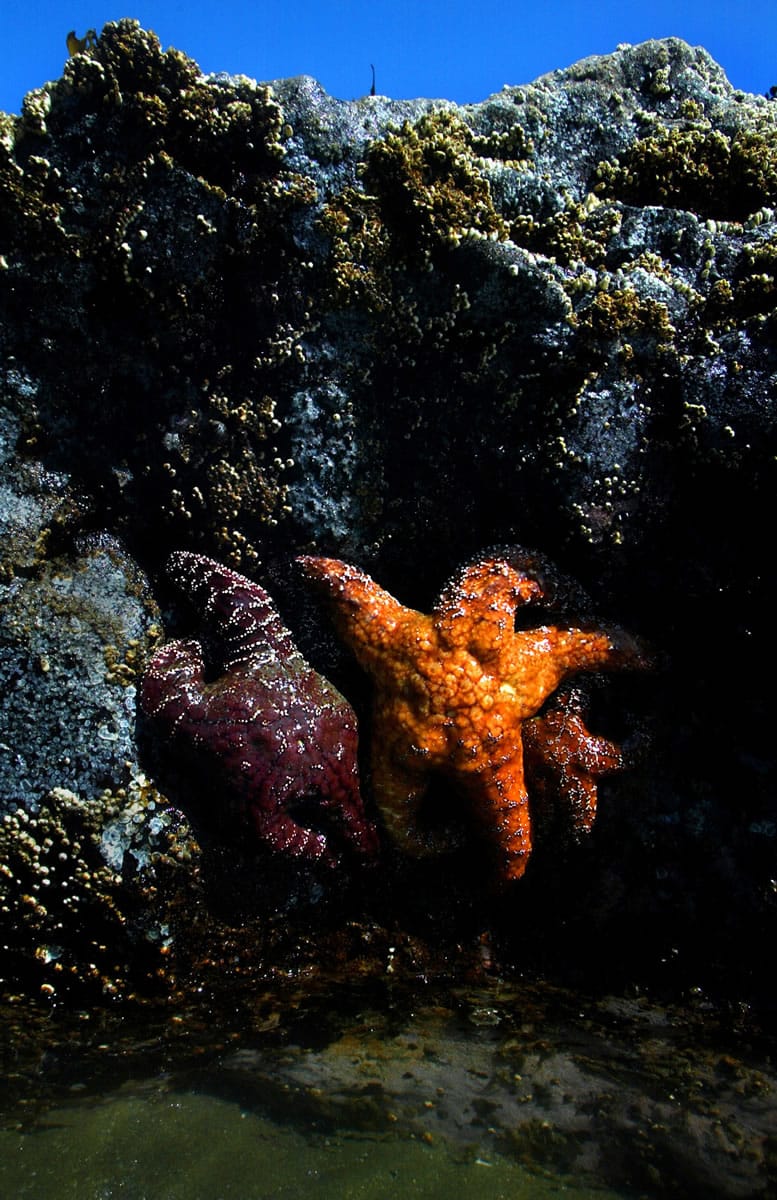National Emergency for Starfish?
Hoping to end a massive kill-off of starfish, Democratic Rep. Denny Heck, D-Olympia, wants Congress to declare a national emergency to fight “sea star wasting syndrome.”
His bill, called the Marine Disease Emergency Act, would:
Appropriate $12 million to coordinate research and require a response by the federal government within 120 days of being signed into law.
Create a “marine disease emergency fund” in the U.S. Treasury Department to accept public donations.
Set up a national data repository to aid the rapid dissemination of research.
Establish a permanent volunteer “marine disease working group” to advise the federal government on marine disease emergencies.



